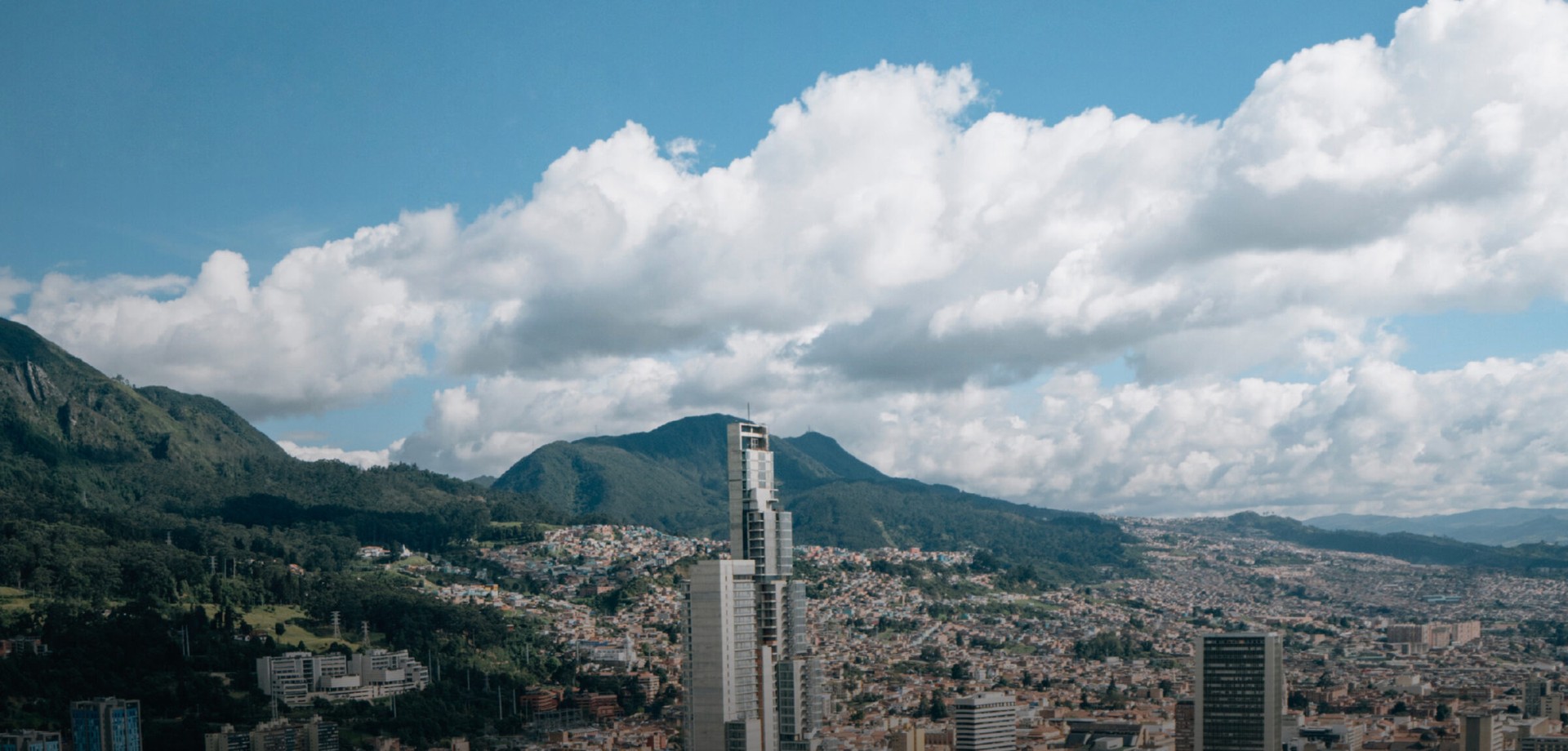Key ideas
- In the final stage of the Bloomberg Mayors Challenge, Unit helped the 10 Latin American finalists to execute prototypes and strengthen their proposals for the improvement of their territories.
- “Cities today lack an institutional method for designing services that are connected to people’s needs. This program bridges that gap,” says Juan Felipe Lopez, partner and Director of Transformation and Development at Unit.
- Out of the Latin American city halls accompanied by Unit, two were awarded the grand prize: Bogota, Colombia; and Hermosillo, Mexico
In addition to raising new questions and modifying everything we knew up until then, the Covid-19 pandemic generated one of the largest health crises in history. With it, cities throughout the world –key drivers of countries’ innovation– were forced to face an endless number of new problems and challenges in areas as varied as health, environment, transportation, or public safety. And it’s that never before was it more imperative to respond to people’s needs in an efficient manner and with innovative solutions.
With the objective of identifying, scaling, and replicating municipal solutions in response to the impact of Covid-19, 2021 saw the development of the fifth edition of the Bloomberg Mayors Challenge, the world’s most relevant competition for innovation and services in cities. Its objective is to promote and generate new ideas for improving citizens’ quality of life in different localities, motivating their leaders to resolve the most complex challenges in a new way.
“As the world works to address the profound public health and economic effects of the ongoing pandemic, cities can implement innovative ideas at a pace that national governments simply can’t match,” says Michael R. Bloomberg, founder of Bloomberg Philanthropies and the 108th mayor of New York City.
At the instance –which brought together a total of over 600 cities from all over the world– Unit participated as a delivery partner, assisting 133 Latin American city halls to identify their challenges for recovery in areas as diverse as economy and inclusive growth; health and well-being; climate and environment; and gender and equality. In addition to this, it supported the region’s 10 finalists, executing diverse prototypes, solution testing, and strengthening their proposals for improving their solutions.
“Cities in general lack an institutional method for designing services that are well connected to people’s needs. This program accelerates this, bridging that gap. It’s a great gain for cities, because they end up with capabilities in place for developing any project or service,” says Juan Felipe López, partner and Director of Transformation and Development at Unit.
In total, the Bloomberg Mayors Challenge had fifteen winning cities that received a million dollars each, in addition to technical support and training for three years in order to implement their projects. “The programs offer bold and attainable plans for improving health, reducing unemployment, empowering women, and more. Collectively, they have the potential to improve the lives of millions of their residents, and the most successful solutions will inspire cities all over the world to adopt them,” affirms Michael R. Bloomberg.
Out of the Latin American city halls that Unit accompanied, two were awarded the grand prize. One of these was the case of Bogotá, Colombia, which proposed a care system with a gender perspective, so as to respond to 30% of the city’s female population that works full-time without any remuneration. And the second was Hermosillo, México, which proposed a platform for collecting waste and recycling, creating green employment programs with a gender perspective and promoting bike lane infrastructure.
